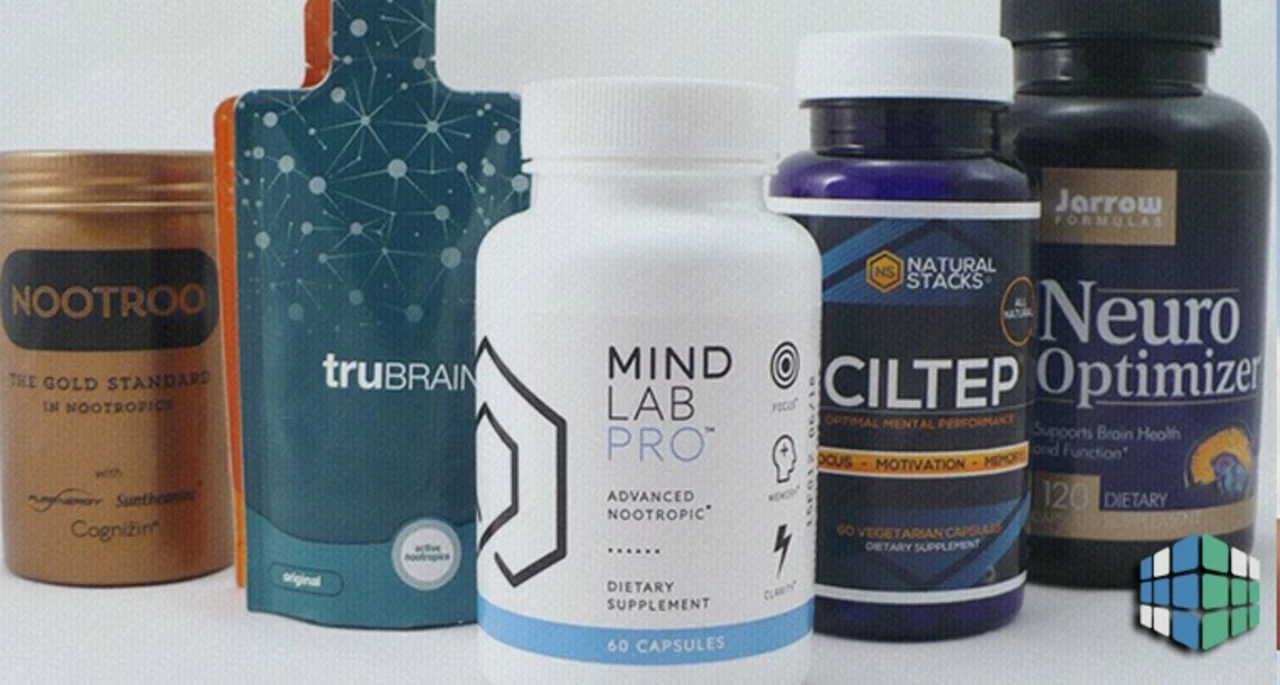Cup plant is stepping out of the prairie and into supplement bottles, grabbing attention for its rich nutrients and surprising benefits. This article covers what cup plant actually is, why experts are suddenly talking about it, and how you can use it to boost your daily routine. Get tips on how to find high-quality cup plant supplements and what to watch for if you're thinking about giving it a try. You'll also learn what the current science says about its real impact on your health. Check it out if you want to stay ahead of the supplement curve.
Dietary supplements: what to take, what to skip, and how to stay safe
Most people assume supplements are harmless. But wrong dose, low quality, or a bad interaction with a prescription drug can cause real problems. This page helps you sort facts from marketing, so you can use supplements that actually help and avoid the ones that might harm.
Start by asking: why do you want a supplement? Boost an obvious deficiency (like vitamin D), support recovery, or try to improve sleep or weight? If you don’t have a clear reason or a lab result, a pill might do nothing — and cost you money. If you do have a reason, follow simple checks below to keep it safe and useful.
Quick safety checklist
Always check four things before you buy: dose, purity, interactions, and need. Read the label for active ingredient and amount per serving. Look for third‑party testing seals (USP, NSF, ConsumerLab). Ask your doctor or pharmacist if the supplement can interact with your medicines — for example, herbal bronchodilators or high-dose vitamins can change how drugs work. Keep track of side effects and stop if you feel worse.
Quality varies a lot. Cheap brands sometimes don’t contain what their label promises. Prefer brands that publish batch tests or have independent verification. If a product sounds too good to be true — miracle weight loss or instant cure — avoid it.
Practical tips and popular picks
Stick with supplements that have clear, measurable benefits and known safe doses. For many people that means vitamin D, omega‑3s, and a basic multivitamin if diet is poor. For targeted uses, learn from reliable guides: read about Calcium D-Glucarate if you’re interested in detox or hormone support, check our piece on Chitosan for weight‑loss claims, or see Red-Spur Valerian for sleep and anxiety options.
Timing and dose matter. Some vitamins are best with food (fat‑soluble vitamins A, D, E, K), others on an empty stomach. Don’t stack multiple products that contain the same nutrient — you can exceed safe upper limits without realizing it. Keep a list of every supplement and medicine you take; share it with any provider who prescribes drugs.
If you’re pregnant, breastfeeding, on blood thinners, or have a chronic disease, get a green light from your clinician before starting anything new. Kids and older adults need special dosing and supervision.
Want a deeper read? Explore our related guides on specific supplements and safe buying tips. We publish practical, no-nonsense articles that help you decide what’s worth trying and what’s hype.
Use supplements to fill real gaps, not as a substitute for healthy food and sleep. With the right checks, a few well-chosen supplements can support your health — done poorly, they can cause harm. Make choices that are simple, proven, and safe.
In my latest blog post, I discuss the amazing healing properties of Dusty Miller dietary supplements and how they can transform your life. These supplements, made from the Dusty Miller plant, have been found to have numerous health benefits, such as improving digestion, reducing inflammation, and even supporting heart health. I dive deeper into the science behind these benefits and how incorporating Dusty Miller supplements into your daily routine can lead to a healthier, happier you. If you're looking for a natural way to enhance your well-being, I highly recommend giving Dusty Miller supplements a try. Don't miss out on this opportunity to learn more about this incredible plant and how it can change your life for the better!


